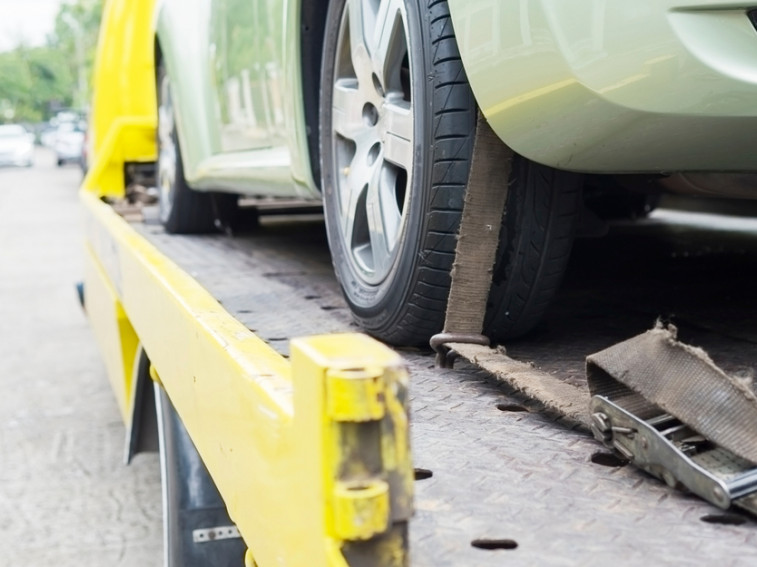If you’re a fan of programmes like Police Interceptors (which started again on our screens a few weeks ago), you may be passingly familiar with the various ways in which police can take possession of salvage vehicles or stolen cars. What you may not know is that a lot of these vehicles - if the owners are unable or unwilling to claim them - then make their way to us. We stock these vehicles in our wide-ranging online car auctions, and they can be incredibly useful to budding or professional mechanics, or even someone looking for a bargain on their new car. This week, we thought we’d take a moment to explain a little more about how we end up with these vehicles!
When can police seize a car?
When you picture the police seizing your car, your first instinct might be to imagine that dangerous driving was involved. But it’s easy to forget that there are plenty more circumstances in which police can seize your car. In fact, police have the power to seize anything that was involved in a crime as evidence. That means the vehicle doesn’t have to have been actively driven to be seized - it just has to have been implicated in some way (for example, as a hiding place for stolen goods). Police can, however, also seize a car if they judge that it’s being used in a way that causes alarm, harassment, distress or physical threat.
Some of the various justifications for police seizing your car include when it’s:
- Being driven by someone who doesn’t have the proper licence or insurance
- Dangerously, obstructively or otherwise illegally parked
- Broken down, burnt out or abandoned
Many abandoned cars have been stolen and joyridden first, but not all of them. Some may have just broken down, and a tiny minority might even be in good working order. Whatever the case, Section 99 of the Road Traffic Regulation Act 1984 authorises police to remove cars which are dangerously or obstructively parked, whether or not they’ve actually been stolen
What happens to a car after it is seized?
Whatever the circumstances of its seizure, the police will take it to an on-site impound, which is generally at the nearest local police station. If the owner is present when it’s seized (or they’re partially responsible for it being so), they’ll be issued with a seizure notice right there and then, which will let them know where the car will be taken.
From there, the owner has 7 days to produce the relevant documents that will allow them to reclaim the vehicle, and a further 7 days to recover it. (Usually this will need to be done by a professional third party, often a scrap yard or similar professional with access to the relevant vehicles and equipment.) We’ve actually written in detail before about the sorts of documents that police stations require to release a vehicle, so if you ever find yourself in this situation it’s worth heading on over to our other post to find out how you can reclaim a seized vehicle. It’s not free, either! The police will charge a release fee of up to £200, as well as a storage fee for every day or half day that it’s kept on site. Theoretically, this means that owners could have to pay almost £500 for their car, if they leave it until the very last moment to collect their salvage vehicle.

Even if the owner doesn’t want to reclaim the car, it doesn’t mean they can consider the matter closed. After all, British police forces aren’t free removals services! In fact, police still entitled to statutory fees that will have been incurred in getting it to the impound. What’s more, if the owner chooses to surrender the vehicle in this way (or the police are unable to identify the owner in the first place), enforcement officers can also choose to take ownership of whatever’s inside it. There are a few possible exceptions, such as medicines and medical equipment, as well as intensely personal items such as cash, credit cards and keys.
If the vehicle remains unclaimed at the end of that 14 day period - whether it’s been abandoned, the owner cannot be found, or the owner has actively chosen not to pick it up - then it’ll be disposed of. The police might do this in one of several ways. If the car is damaged, they may choose to have it crushed or scrapped. If it’s in better shape, on the other hand, they may send it to be auctioned - which is where we often come in here at RAW2K. While many of our seized vehicles are lightly damaged, others are perfectly serviceable, and can serve as a great source of spare parts, a fixer-upper, or a even a great bargain on a new car! Why not take a look around our existing vehicle auctions, and see what you can find?




